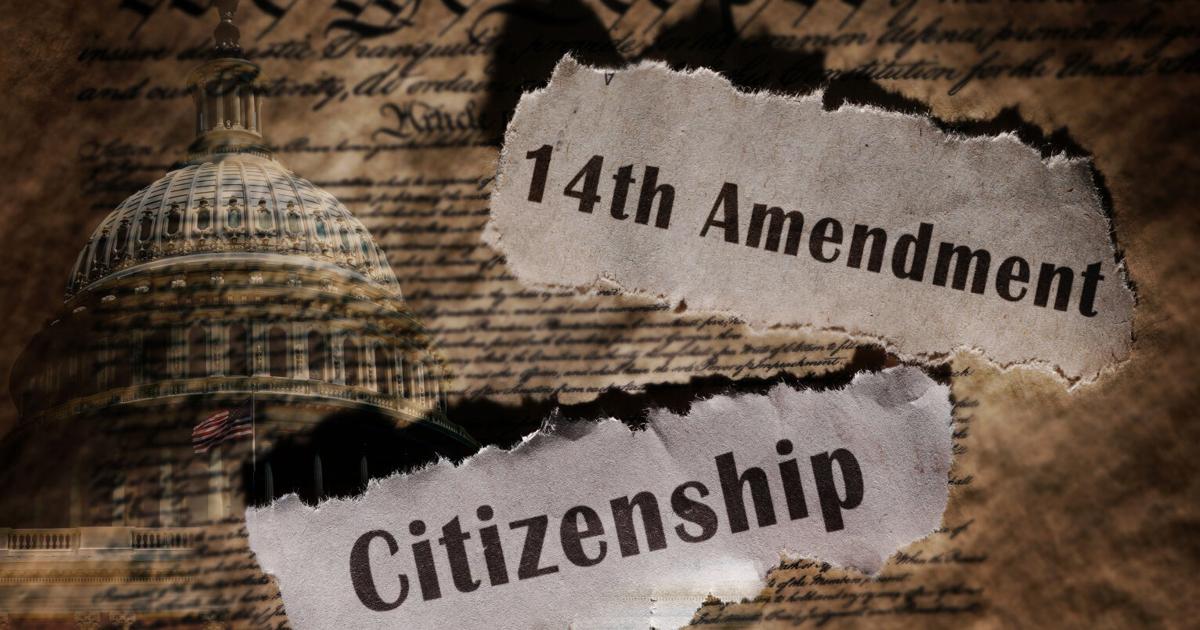(ThyBlackMan.com) You know the drill: “innocent until proven guilty.” But, what if you really are innocent and you’re being charged with a heinous act? Here’s what you need to do to protect yourself.
Plead The Fifth
There is no legal privilege to stay silent. It’s a legal right. While many people pay lip service to the idea that you can plead the 5th, this is a sound legal defense.
You cannot be called to testify against yourself and, while it might make you look guilty, the best defense is to let the prosecution prove its case against you. The court must follow procedure. This means that, if the prosecution can’t prove your guilt, you’re innocent.
According to Franklin criminal lawyer, you should always work with a lawyer when pleading the 5th in any criminal charge of any kind. Yes, silence is a defense, but at some point, you will be asked to respond to claims made against you. You may also want to refute any evidence that’s being offered up by the prosecution.
Proving Beyond A Reasonable Doubt
The way criminal law works is that the state or federal government must prove its case against you beyond a reasonable doubt. This means that there is no reasonable doubt of your guilt. If there is any reason that the jury might think you’re guilty, then the jury will likely convict you.
If there is a reasonable doubt as to your guilt, however, you will most likely be found innocent by the jury.
Because the bar is set so high, most defense lawyers focus on proving that there is a reasonable doubt.
Have An Alibi
Having an alibi means that you have a verifiable story that contradicts the claims of the prosecution. Most crimes involve you being somewhere with someone else. An alibi will show you were not where the prosecution says you were, and you were not with the person you were alleged to be with.
This called into question your guilt.
Self-Defense Claims
Sometimes, you are technically guilty of the charge, as is the case with self-defense cases. For example, in many states, if a criminal breaks into your home, you’re legally allowed to shoot them. If you kill them in self-defense, you could still be taken to court.
The self-defense defense doesn’t try to create reasonable doubt. Rather, it attempts to show that you were not the aggressor but rather the person being attacked. In order to prove self-defense, the retaliatory force used must be a reasonable response to the threat presented.
For example, shooting someone for pushing or punching you would not be a reasonable response to the aggression presented. However, shooting someone who is shooting at you, or who has drawn a deadly weapon against you and is using it, could constitute a reasonable response.
Insanity Defense
This sounds a lot like a T.V. drama, doesn’t it? But, sometimes, defendants plead insanity, or temporary insanity, as a defense. This rarely happens, however, because it’s difficult to prove and very abstract.
The theory behind this defense is that you didn’t really know what you were doing. A basic premise in criminal law is that there is a mental or intent element to the crime. This means that you must have intended to do the criminal act that you’re being accused of.
Normally, if you’re guilty, this isn’t terribly difficult to prove. You must be of sound mind, and any proof offered will usually hold up in court. However, if you suffer from a diagnosed mental illness, intent is called into question.
When a person is declared legally insane, they are sent to a psychiatric institution, not jail.
The popular test courts use to prove insanity is called the McNaughten test, which is designed to prove that the defendant cannot distinguish between right and wrong. The defendant must undergo exhaustive testing from a psychiatrist, which is often painful or humiliating – sometimes both.
Then, the psychiatrist testifies in court.
Some states allow an “under the influence” defense, which means you were under the influence of drugs or alcohol and could not know what you were doing. Finally, “entrapment” is a defense when a government official induces you to commit a crime.
An example of this would be prostitution or drug stings (phony drug sales). The theory behind this defense is that the government is inducing you to commit a crime, and then charging you with it. Legally, this looks like a fictitious crime – the classic “set up.”
However, this won’t work if the judge or jury believe that you are already capable or predisposed to committing the crime anyway. For example, if you really are a drug dealer, all the set-up did was catch you in the act. It didn’t induce you to commit a crime you wouldn’t otherwise commit.
Staff Writer; Patricia Moore


















Thanks for the advice about what to do when you are charged with a crime you didn’t commit. You’re right about how pleading the 5th isn’t enough for your legal defense. Hire an attorney that is experienced in the field you are being charged with. For instance, if you are charged with a DUI, there are attorneys that represent these individuals on a regular basis. They know points that can help prove your incense in the courtroom.